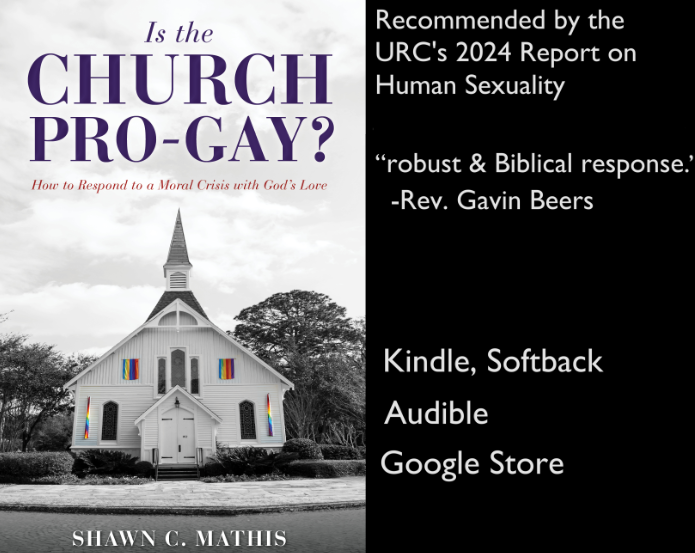A recent Breitbart news article continues to propagate exaggerated claims of homeschooling academic superiority. Quoting an older article that summarized various unsubstantiated claims about homeschoolers in general, the Breitbart article garnered over 2000 comments.
The article slowly spread across cyberspace, propagated through local facebook postings, and was picked up by a Colorado news source. Although some of the readers noted in the comment section the unsubstantiated nature of the news-report, one respondent replied: “So what, who cares? The article is interesting and I happen to know that universities love home schooled students.”
The origins of this belief are not clear, but likely started after the famous Rudner study was published in 1999. This study was and continues to be touted as a landmark study of the academic superiority of homeschooling (see the HSLDA site, here).
But what does the study actually state? Reading the original work reveals a common thread in homeschooling studies since then:
“This was not a controlled experiment” and “[this] does not demonstrate that home schooling is superior to public or private schools, and the results must be interpreted with caution.”
“…it should be noted that it was not possible within the parameters of this study to evaluate whether this sample is truly representative of the entire population of home school students.”
Even though the study itself noted its own severe limitations in the first two pages, it was broadcasted far and wide as evidence in favor of homeschooling.
The limitations of this study arose from its non-random samples. Although large, it was a self-selected sample. A homeschooling advocacy group publicized the need for homeschoolers to come and take a test. And those interested took the test. This continues to be a serious limitation of such studies.
According to the International Center for Home Education Research (ICHER), a nonpartisan, scholarly repository of all things homeschooling, there are no studies to date that demonstrate one way or another about homeschooling academic prowess. They state in the FAQ section:
“We simply can’t draw any conclusions about the academic performance of the ‘average homeschooler,’ because none of the studies so often cited employ random samples representing the full range of homeschoolers.”
Similarly, Dr. Bruce Ray of the National Home Education Research Institute (NHERI), although hopeful that his studies may point to homeschooling academic superiority, admits that “the design of most research to date does not allow for the conclusion that homeschooling necessarily causes higher academic achievement or better social and emotional development than does public (or private) institutional schooling.” (“The Evidence Is So Positive”, Dr. Ray).
What makes these oft-quoted academic superiority statistics so misleading is not only the self-selective nature of the studies but that the “homeschool participants were volunteers responding to an invitation by the nation’s most prominent advocacy organization to contribute test scores (on tests usually administered by parents in the child’s own home)” (ICHER).
The promotional, non-random nature of these studies is famously illustrated by the latest NHERI study of 2008/2009 . HSLDA publicly called for families to take the test to prove the “benefits of homeschooling.” Further degrading the scientific nature of the study was the iPod prize offered through a random drawing (original letter here).
The inherent non-random nature of these promotional studies is further illustrated by the known families that did not volunteer for the academic test because they feared their children would not measure up.
In spite of the inconclusiveness of the given academic data on homeschooling, the best arguments, most people would agree, are principled arguments. And those have been made years before the Rudner study. The states have locked in the homeschooling laws and allowed freedom.
Christians agree that educational success is normally tied to parental involvement. So whether one homeschools in a formal sense or not, encouragement and nurture from the parents are important.
The practical consequences of a decades-long misunderstanding can include emotional fatigue and discouragement from parents thinking that homeschooling as such brings academic success. Furthermore, those homeschooling families with academically challenged children will feel unwarranted pressure, possibly leading to frustration or depression.
If anything, the revelation that there are not studies proving homeschooling superiority should remind all families to focus on the more important goals of their children’s lives: love of Christ and usefulness in His Kingdom.





